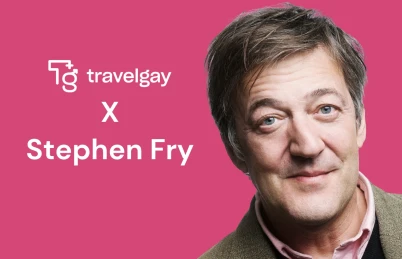
Travel Gay meets Stephen Fry
Stephen Fry, who has publicly talked about his mental health challenges, tells us about how he coped with the pandemic.
No Comments Found
Comments / Reviews are the subjective opinion of Travel Gay users, not of Travel Gay.
Join the Travel Gay Newsletter
What's On Today
More Gay Travel News, Interviews and Features
The Best Tours In London
Browse a selection of tours in London from our partners with free cancellation 24 hours before your tour starts.
The best experiences in London for your trip

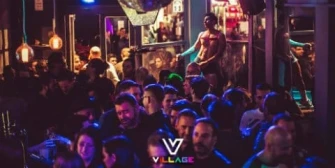

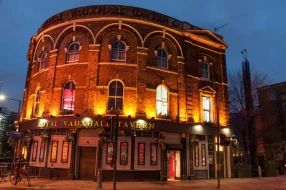
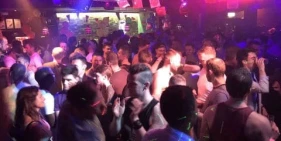



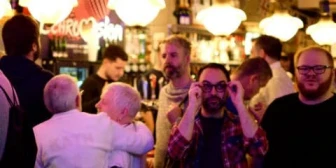
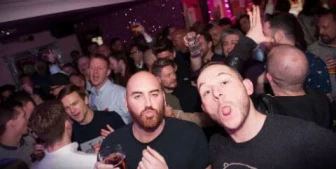
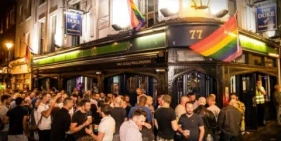

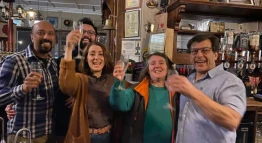
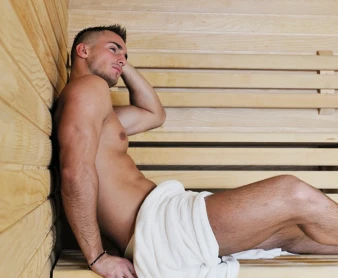
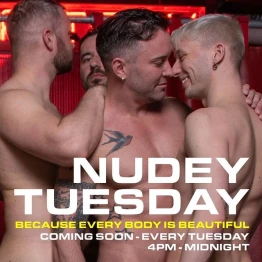

___original_397_217.webp)
___original_344_194.webp)
